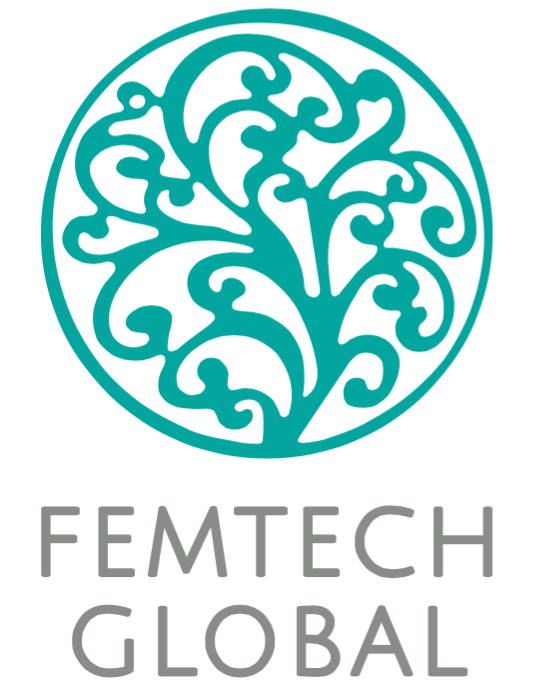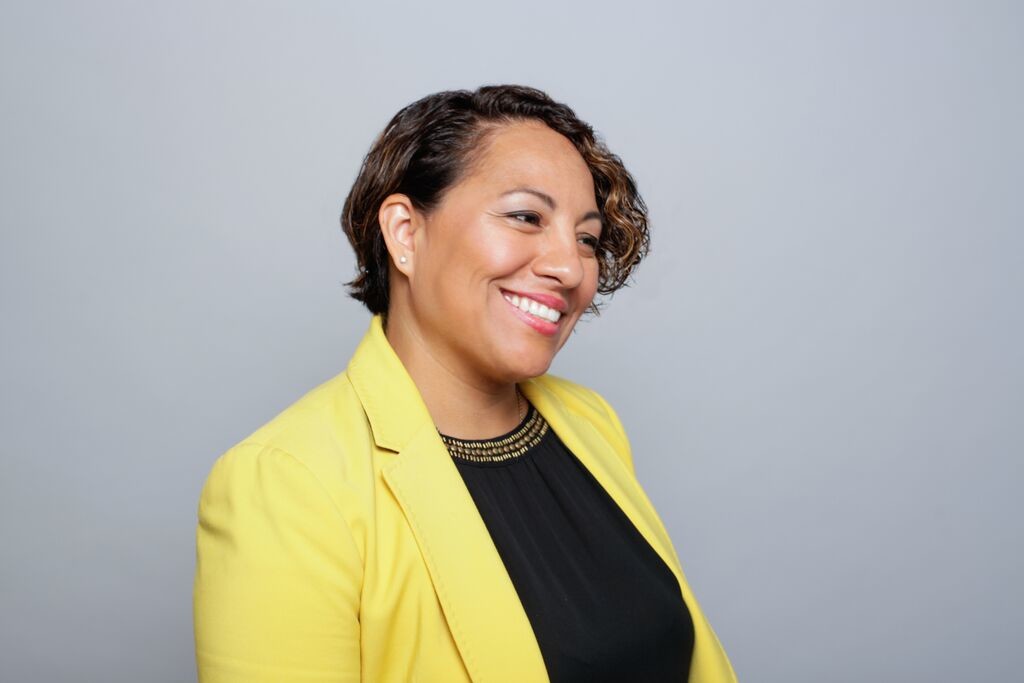 You’ve met a powerhouse before, right? Remember how kinetic the energy, how bright the aura, how electric the air was around them?
You’ve met a powerhouse before, right? Remember how kinetic the energy, how bright the aura, how electric the air was around them?
That’s Ramona Ortega: Powerhouse. And I had the great fortune of sitting down with her for a blazing fireside chat last Thursday evening at our FemTechLeaders meetup in New York.
Some of you may have already heard of Ramona, for those of you who haven’t, you need to — and I’m doing my community service today by sharing her mission with you. This may actually go beyond my good deed of the day and change my karma. Why? Because what she’s doing is fundamentally akin to being the Che Guevara for millennial financial health and wealth building. It’s a revelation that promotes revolution (to bastardize Nabokov), and I say ¡Viva la Revolución!
As the founder of Mi Dinero Mi Futuro, Ramona has set out to bridge the wealth gap amongst the disenfranchised and underbanked populations. What started out as a means to help promote financial literacy (a term she admittedly dislikes, its connotations of too workshop-y and condescending give her pause), has transformed into a full blown platform that not only provides information and guidance on how to manage personal finance, but how to invest and create wealth — all in layman’s terms, all crafted to those on the fringe of the financial services, all grounded in relatable, digestible, and trust building anecdotes.
I could go on and on about Mi Dinero Mi Futuro, but encourage you to take a closer look at it yourself. Instead, I want to share some of the ideas that drive Ramona’s mission, and were at the heart of our chat last week.
Literacy & Trust
Money movement. It’s something that’s fairly elusive to those outside the industry (and for some of us inside it, it’s still shrouded in mystique and creative accounting). But it’s something Ramona had the chance to explore in her time as a lawyer — and while working at the SEC — during a case involving Cal Perks. Follow the money, she says, look at the flow of capital, and you begin to understand why the wealth gap exists.
Part of this is how the industry speaks about finance: terms are opaque. Language matters, and in adopting the under and unbanked into the fold, the best way to talk about finances is to make it relatable. One guiding tenet of MiD/MiF is to make it relatable to the consumer’s real-life experience: reflect their circumstances, reflect their culture. We learn best when we can relate the information to our personal situation; the unbanked aren’t likely to take much away from an article written by and geared to an upper class Wharton grad with $10K in pocket change to gamble on the latest tech stock.
The other tenet is about trust building, and that’s built off the back of talking about finances in relatable terms. Educate via content, curate that content, and be transparent about how you’re monetizing any recommendations or suggestions. Creating trust is critical to bringing those who still keep their money under the mattress into the fold.
Access to Risk is Foundational
Something Ramona is out to change is access to risk for poor families. It sounded dubious for a moment until the light bulb went off: it’s about insurance. Once a family is insured, it frees up their savings to allocate towards investment, instead of that rainy-day fund for when the refrigerator fizzles out or a trip to the ER turns out to be worse than imagined.
Given that the Latino market alone has $1.5 Trillion in disposable income,what’s shocking is that very, very little is spent on insurance or financial services. It’s an untapped market that could find a symbiotic relationship with the FS industry: as the industry helps them grow their wealth, the industry has a more receptive market willing to spend on financial products.
But it goes beyond access to risk (read: insurance), it goes to creating products that speak to personally serving the disenfranchised markets. It needs to go beyond pay-day lending and access to credit extensions. For Ramona, it also goes to the question of a living wage. It needs to lead an ecosystem where financial planning gets consideration because the underbanked aren’t only focused on survival.
So Ramona is on a mission, a mission to change merely surviving to thriving for millions of Latinos and other ethnic minorities in the US. This powerhouse revolutionary has set out to reveal the mystery of money movement to an entire population across multiple generations.
And I can actually hear these words from Che himself coming through in Ramona’s message:
At the risk of sounding ridiculous, a true revolutionary is guided by great feelings of love.
It’s that love, connection to culture, empathy and vision that constitute her Powerhouse status. And damn, I’m fired up by her passion.

